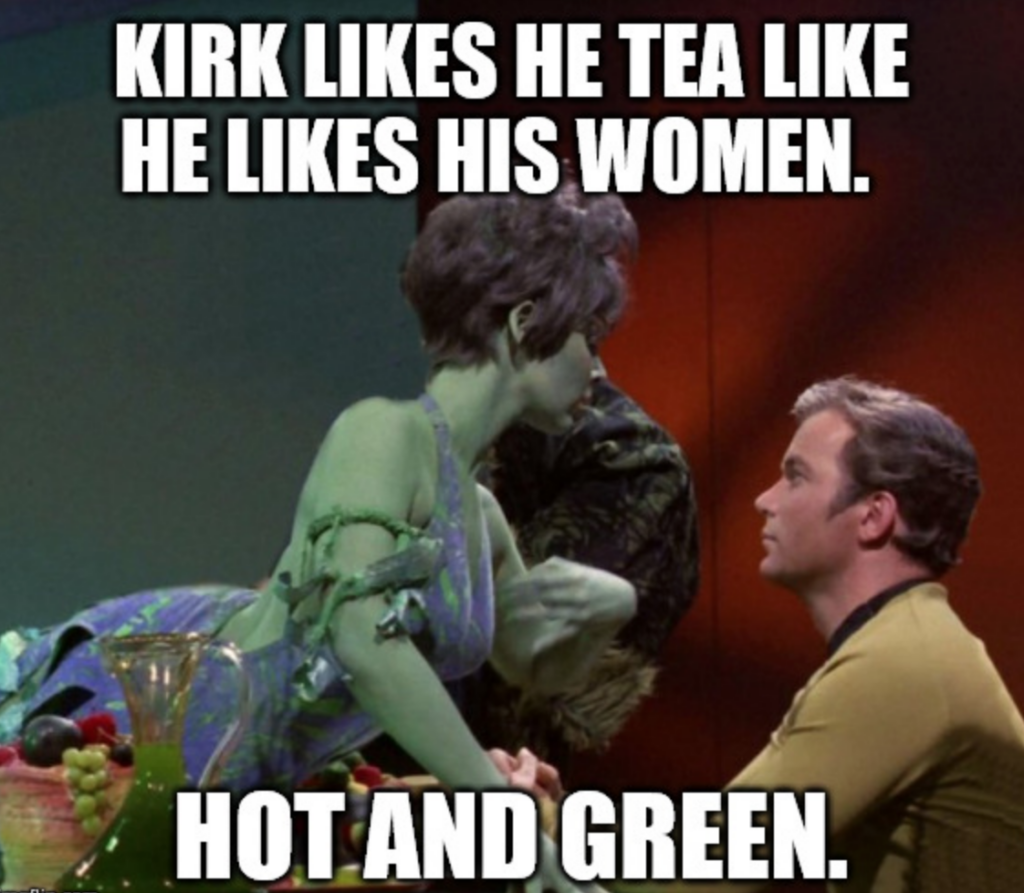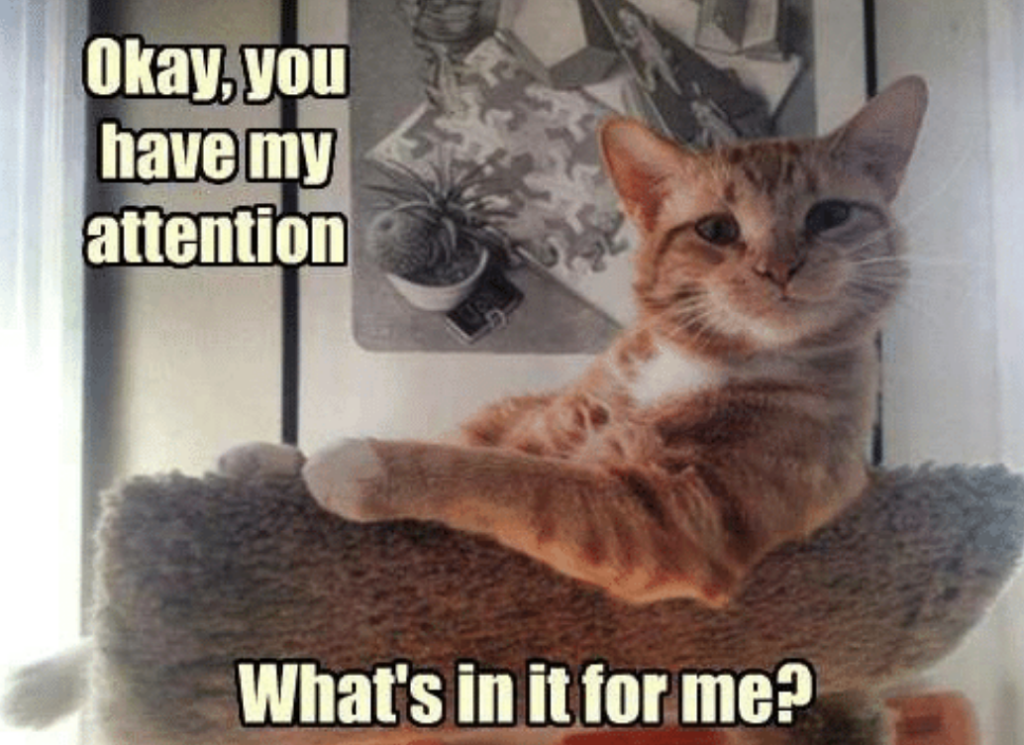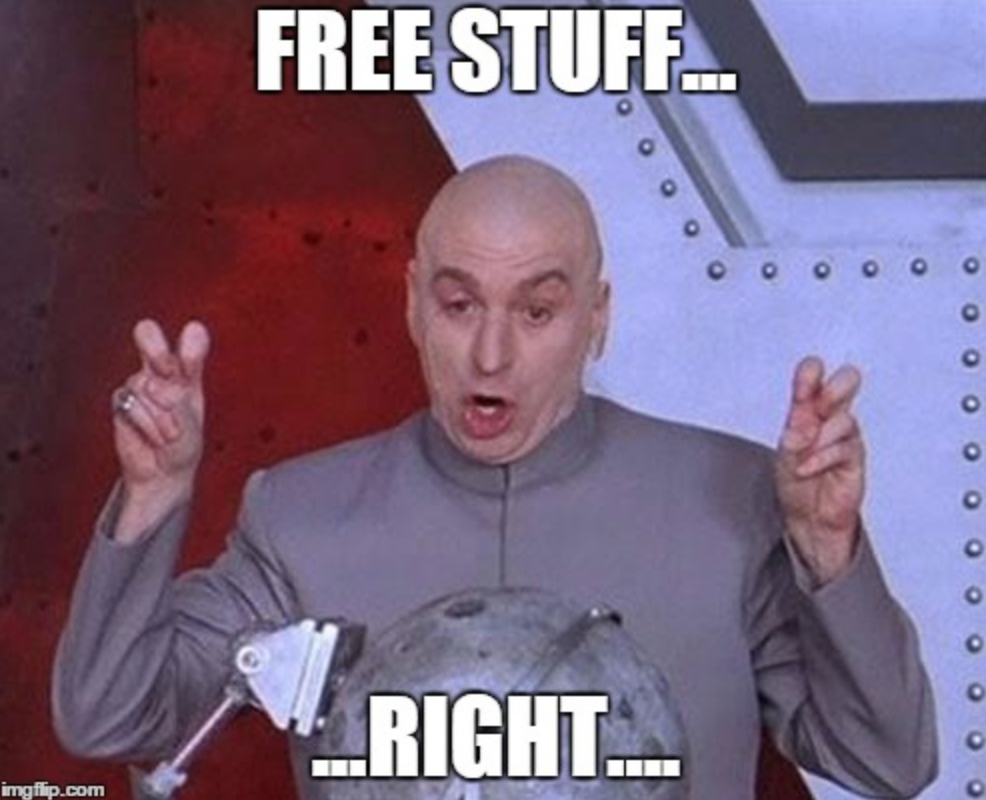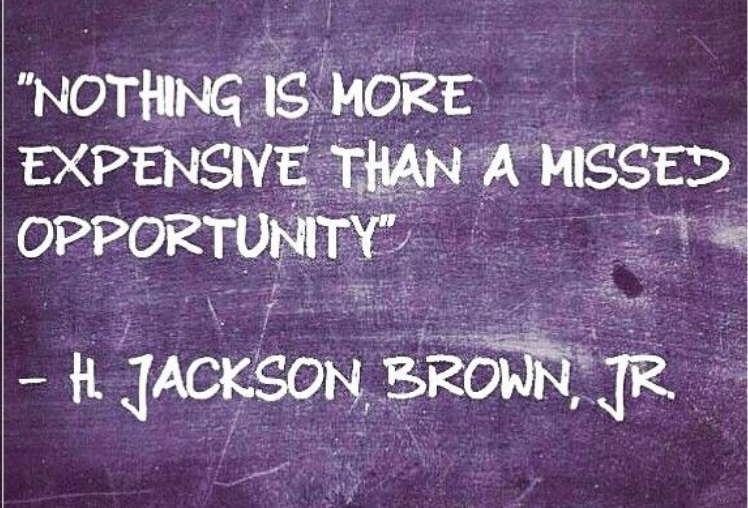
The pitch is one of the most vital components of any kind of sales, book sales included. Now, I know a lot of writers either start having apoplexy at this moment or they mentally check out.
Sales has nothing to do with my story. I can just pay someone else to worry about sales.
Um, no. Sales has everything to do with our stories, and ultimately we’re responsible for success or failure. It’s okay, though. I’m going to walk y’all through this.
We actually sell all the time and don’t even realize it. Sales is built into our nature.
You like my dress? Thanks! It has POCKETS! I got it on sale over at Dress World.
I love my electric mower. Trick is to hit Home Depot on Labor Day. End of summer. Best deals.
We sell ALL THE TIME. The trick with book sales is simply learning how to sell with intention and skill.
Plain truth is that, if we cannot convince someone our book is worth forgoing binge-watching Netflix, meeting the girls for mani-pedis, killing zombies on X-Box or watching funny cat videos? Then we won’t make it very far as authors.
The pitch is a key component of survival in, well…everything. Have a crush? Want that date? The pitch better be good. Why should he/she go out with you and not someone else?
Car companies pitch us with luxury, comfort, safety. Insurance companies pitch us on lowest rates or that they’ll take care of us when we’re in a jam.
Cosmetic companies pitch long lashes, smooth skin, full lips, and grocery stores pitch value, freshness, and time-saving additions like ordering on-line.
As writers, our pitch should have a lot in common with all other successful pitches. Notice I used the word should. The pitch that goes the distance has a very clear structure. Those who believe they’re the exception or cut corners do so at their own risk.
Anatomy of the Pitch

All successful pitches should be able to quickly and clearly answer a potential consumer’s key questions.
What are you ‘selling’?
What’s in it for me?
Why you (your product/service/company) and not another?
Too many authors fail to answer any of these questions, largely because they never stopped to ask them in the first place.
They rely on ads, marketing, social media badgering and spam and, when the book(s) fall flat? They’re mystified.
The interesting thing about ‘the pitch’ is it is the foundation of ANY business proposal. Ironically, the absurdly high failure rate of new businesses (like new books) can also be attributed to failing to answer these core questions and, instead, relying too much on (ineffective) marketing and ads.
If I am opening a restaurant, then what KIND of restaurant is it? What sort of food am I serving? What’s the atmosphere? Why is a customer going to come to MY restaurant?
Will they be coming to my establishment primarily for a lunch break, or for a date night or special occasion?
Will my restaurant’s customers be drawn to the clean tables and friendly staff trained to hustle and get the food out while still hot? Or is it about the crisp white table cloths, extensive wine list and Friday-night string quartet?
Why would a consumer choose MY restaurant over another? Location? Award-winning chef? Drive-through with double-lanes so they can get back to work with time to actually eat their lunch?
Notice how all along we are STILL talking about restaurants, but they are vastly different establishments. Same in all businesses and books are included.
Failure to Thrive

As mentioned above, one of the primary reasons most business fail is they lack a solid core business plan. The problem is that core identity and mission defines everything else.
If I don’t clearly define WHO I’m selling to and precisely WHAT I am selling in the first place or WHY they’d want my book over another book or activity, then how can I hope to be effective finding and ‘marketing’ to my customer?
WHAT exactly am I pitching in the first place?
Before the digital age, non-fiction (NF) authors had to be able to answer all these questions in a book proposal. This was one of the reasons NF, historically, has held an edge over fiction.
NF authors were forced to define the product, identify the market and who would buy their book (as opposed to another similar title) ahead of time. They also had to be able to prove they had a platform and present a cogent plan for how the book would be marketed and to whom.
NF writers had to answer all the hard questions before the publisher gave the green to even begin writing the book.
Fiction writers are wise to do the same.
WHAT Are You Selling?

One of the single largest mistakes I see in the book business is that writers (and publishers and bookstores) fail to understand what they’re selling. This is why the industry is in such a mess right now.
NY mistakenly believed they were in the paper business and forgot they were in the story and information business. HOW a consumer purchased then consumed said story and information was irrelevant so long as they PAID for the privilege.
While all the major houses were defending how readers would always want paper books, Amazon didn’t care if we wanted stories on paper, ebook, audio, or acted out by mimes if we (the consumer) were willing to PAY.
Amazon, ironically, understood the book business better than those who’d invented it. Bezos knew the consumer. Consumers wanted to be educated or entertained.
Bezos also knew humans. We wanted to be educated or entertained instantly, affordably, and we didn’t want to burn brain cells to find what we were looking for.
Really, WHAT Are You Selling?

When it comes to fiction, we (writers) are selling an experience. The pitch must account for what sort of an experience our story offers. This is why understanding genres is so critical.
One of the first ways readers (code for customers) look for a book is to use genre as a guidepost. Yet, I’ve lost count how many times I’ve heard authors snub the idea of being forced to slot their story into any genre.
‘Literary’ writers use the word ‘genre fiction’ as if it’s a dirty word. Yet, this is silly of we think about it, especially these days when audiences are deluged with a gazillion options.
Why would we want to make it HARDER for our potential fans to find us?
Genre lets the reader know what KIND of experience they’re in for. Do they want love? Adventure? Where do they want this adventure? In the past (historical), in outer space (science fiction), in another world entirely (fantasy)?
Are they wanting to remain on Earth in our time, but add in supernatural elements or magic? If so, then urban fantasy might be a great fit.
Or, are they wanting to get lost entirely in another world that is vast and intricate? High fantasy fits that bill rather nicely.
***Movies use ‘genre’ to entice audiences, so why wouldn’t we? Could you imagine trying to search Amazon Prime or Netflix for something to watch and they just lumped all movies together? It would be a nightmare.
Once we choose a genre, genre helps us understand the audience expectations. We’ll know that if we claim our book is a romance, it better end with an HEA (Happily Ever After) or at least the more modernized HFN (Happy For Now).
The two separate parties, though at odds initially, must unite forces to solve the core story problem and also end up together.
If the two individuals are not a couple by the end of the story? NOT a romance.
Refine the WHAT

After we choose a genre (or genre fusion like mystery-thriller, historical romance, dark fantasy, etc.) then we need to refine the experience another level. This helps us pitch to the right group of people.
How long is our work? How dense? What book(s) are most like ours? Do we specialize in long, heavily researched books with a lot of world-building (Michael Crichton) or are we prolific, focused on shorter works of fiction that cater to those who inhale pulp novels (Louis L’Amour)?
Or are we somewhere in between? Maybe we do both?
Crichton didn’t compete with L’Amour. They had vastly different audiences with diametrically opposite expectations.
***No one expected Crichton to release multiple books a year. Conversely, L’Amour wouldn’t have become a legend if he’d only released a book every eighteen months.
This step keeps us from wasting time and energy pitching to the wrong audience. When we fail to succinctly define what our product is, we’re left to pitch everyone.
Problem is, everyone isn’t your audience. Or mine. Or any author’s. It is impossible to write the story everyone will love. So if everyone can’t love your story, who definitely will love your story?
We answer these questions because the WHAT informs the WHO.
This is the peril of trying to write the story utterly unlike any other. It’s virtually impossible to pitch because we’d have no basis for comparison.
Rather, we WANT to know what authors/books your title resembles most. This is how you (and algorithms) sell someone who doesn’t yet know you on your book.
Readers who enjoyed Sue Grafton will like my mysteries.
My trilogy is a high fantasy that’s somewhere in between J. R. R. Tolkein and George R.R. Martin. It offers the epic storyline of Lord of the Rings but with a far less gratuitous adult material than A Song of Ice and Fire.
Readers who like a fast-paced spy book like Robert Ludlum’s ‘Jason Bourne’ books would also enjoy my series.
See how comparing our book to something else helps the pitch? It helps those who’ve not read our work get an idea of what our book/series has to offer.
Pitch the Product: What is it ABOUT?

What’s IN it? Would you buy food that didn’t have a list of ingredients? What about medicine? Would you trust a cold medicine that just had COLD MEDICINE on the bottle, but didn’t tell you what was in that ruby-colored liquid?
Would you buy a car without looking under the hood? Trust a clothing designer who refused to reveal what the fabric was made out of? A computer with no specs about the processor or memory?
Almost every product we buy, we want to know WHAT IS IN IT? Books are the same. In fact, this is one of the most vital parts of the pitch.
Ideally, we should be able to tell anyone who asks what our book is about in one sentence. In fact, we should be able to articulate what our book is about in one sentence before we even start writing.
I call this the log-line.
An example:
A fraidy cat romance author must travel to the jungles of South America and partner with a shady ex-pat in order to rescue her sister from jewel thieves before the thieves butcher her sister.
With this ONE (long but effective) sentence, I’ve made it clear that this is an action-adventure and a romance.
I may not know how the MC gets to South America or how the ex-pat helps her rescue her sister, but I know there is a ticking clock, high stakes, and the core story goal is crystal clear.
Save sister.
I also know where and how the story ends. Probably in South America defeating jewel thieves and rescuing sister.
Doing a log-line is one of the most effective ways to see what is right or even wrong with your story.
For instance if I wrote: An author living in NYC travels to South America where she’s accosted by jewel thieves, it’s clear I don’t have a story.
I have a bad situation.
Why does she go there? What sort of person is she? An ex-cop turned author is different from a sheltered urbanite.
She’s accosted. Okay. But what is her goal? Why is she there? How will we know the story is over?
In the first log-line, we know the story is over when she (and ally) save her sister. If sister dead at the end? She’s FAILED. Everything in the story that sets our duo back from saving the sister makes us worry. THAT is how we KNOW we have an actual story.
*nods to Romancing the Stone*
***If you want some more posts on log-lines, go HERE, HERE and HERE. I also am teaching a class on log-lines THIS THURSDAY. Use pitch10 for $10 off.
Moving on…
Pitch What’s in It For THEM?

Sales is always, ALWAYS about the customer. The essence of all sales is to solve a problem. Books solve problems, too.
Stuck in an airport for the next five hours? Job require a long commute? Want to get more out of your time? Have a stressful job and need an escape? Need a way to unwind your brain at night?
There’s a book for that.
I love audiobooks and recommend Audible so much I should get commission. As I see it? I have to adult anyway, so why not adult while listening to a book?
Sure, it took some time to get used to listening to a book, but now when I do laundry, wash dishes, weed the front garden or mow?
I listen to books.
Audio books help me work smarter not harder. I listen to a lot of fiction because mowing the yard in Texas in August SUCKS. It’s hotter than the hammered down hinges of hell. Good way to take my mind off that? A mystery where I have to pay attention for clues.
My brain cannot simultaneously process complaints AND pay attention to a good story.
Think about your book. What’s in it for the reader? Will it remind them of the warm fuzzy feelings of love? Will it challenge them to pay attention? Is it an escape? Does it take them on an adventure? Is it a glance into another world?
Why YOUR Book and Not Another?

Obviously, our brand and platform are our major lifelines. People buy from who they KNOW and who they LIKE.
Contrary to popular opinion, most people actually DO read. They’re just far more likely to read the short form (articles and blogs).
Blogs are still popular and always will be. Blogs are a great way to connect to our audience and cultivate a fan base.
True, most people only read a book or two a year. Who cares if those books are YOUR books?
Blogs build rapport. Those who read our posts get a sense of our personality, voice and style. Also, if readers know they can trust us for a quality blog (not some rambling mess filled with typos), they’re far more likely to give our book a try.
I had people buy my debut novel even though they didn’t read the genre. They bought it for friends or family who did.
Why my book and not another? I was a known quantity as opposed to a writer who had no social media presence, never talked to anyone on-line and didn’t have a blog.
I’m fairly sure there were a lot of books out there better than mine, but if no one knows they exist?
We can gain an edge with our brand and platform, with quality books, and even by going the extra mile for a story. If we’re writing about a world people might find intriguing, mysterious and want to know more?
Do the hard work!
I think this is why well-researched books about law enforcement, private detectives, funeral homes, espionage, morgues, and the military always sell well regardless of the economy (thriller is the next best selling genre after romance).
For instance, I spent a year working with an ATF agent researching for my mystery-thriller so I could add in as much accuracy as possible.
That’s all part of the pitch.
A Pitch Pitfall

As a person who worked in sales for fifteen years before I switched to writing full-time, I can tell you the absolute worst place to compete is on price.
This is true in any industry. It’s easy to lower prices, but a bear to raise them again. This is why it’s critical to understand how to use FREE and pricing as a strategy, not as standard operations.
The problem with FREE or cheap is it always devolves into a race to the bottom of who can give the most for nothing, and there is always someone willing to give more than we can.
When we offer too many free books and/or super cheap books, we can unwittingly cultivate the wrong sort of fanbase.
I want you guys to find fans who are willing to pay for your hard work, not a bunch of takers and users who blast you with one-star reviews because you decided to raise your ebook price to $2.99 instead of $1.99.
The FREE or nearly free book was a brilliant strategy in 2013 when e-books were new and we were trying to encourage readers to use their new Kindles. Offering up free and cheap books worked AMAZING when only a fraction of authors used this method.
But, in a marketplace that’s struggling to absorb over a million self-published books per year? Low prices are the absolute worst place to compete. Now more than ever.
Besides, remember this:
Cheap doesn’t automatically translate into value.
In our busy modern world, time is precious. Cheap/FREE, more often than not, is a massive time-waster that ends up costing more time and money in the long run.
Ever bought a pair of pants that fell apart after one washing? A phone charger at the Dollar Store that worked all of three days then almost caught fire? How many times have you been lured into something cheap only to end up having to go BACK and spend MORE TIME and MORE MONEY?
This is a HUGE reason I recommend honing your craft.
When readers discover a solid storyteller they can depend on for quality? They’re willing to pay retail. Also, deliver a quality product in a sea of detritus, and readers—happy readers—turn evangelical.
In a nutshell? Happy readers sell A LOT of books.
Pitch Perfect & Thinking Like a Non-Fiction Author

Remember in the beginning of this post I mentioned all the questions the non-fiction author has to answer before they even BEGIN the book. Now, y’all certainly don’t have to do any of this. But how much time, money and frustration could you save?
Think of opportunities that you might take advantage of just doing some of this? For instance, the late great Blake Snyder in his fabulous book (that every author should own and study) Save the Cat: The Last Book on Screenwriting You’ll Ever Need, talks about the elevator pitch.
Whenever he had an idea, he’d whittle it into a pitch, essentially the log-line. The elevator pitch (story in thirty seconds or less) allowed him to see if his concept piqued interest in others…or if they merely looked confused. This tactic saved him from working months on a screenplay no one would buy.
It ALSO gave him the advantage of being prepared for opportunity.
What if you happened to run into someone in the movie industry, a literary agent, an editor, and they asked what your book/series was about? Could you tell them in thirty seconds or less? What if you could?
Stranger things have happened, and fortune favors the prepared.
Ultimately, if we take the time to craft all aspects of the pitch, we’ll work smarter not harder. We’ll spot weaknesses faster and know where our strengths are.
We’ll save time talking to the right people and cultivating the right relationships—those that will form OUR audience. And, when we’re prepared for opportunity? It has a strange way of crossing our path 😉 .
What Are Your Thoughts?
I LOVE hearing from you! Have you struggled with finishing the novel and it might just be you’re not 100% clear what it’s about? Do you see how genre can offer writers a major advantage?
Did you write the book without giving any thought to the critical questions? Can you answer them? If not, can you work on what you have?
For those who need help, whittling that story down into a log-line, I’m teaching a class on that THIS THURSDAY. Use the code pitch10 for $10 off Practice Your Pitch: Master the Log-Line.
This is an interactive class, so bring your log-line (or best try) and we’ll make that pitch, pitch perfect.
Remember to check out our OnDemand classes.
Also, if you LOVE science fiction, the amazing and brilliant Maria Grace is teaching Not in Kansas Anymore: Science-Fiction World Building THIS FRIDAY. We’re offering the discount code tinfoil10 for $10 off.
This is a follow-up class to More Than Crop Circles: Introduction to Science Fiction (available On Demand).
My apologies for the short notice. My computer crashed last week so it’s been fun…not. Anyway, can’t wait to see y’all in class and hear about your stories!








5 comments
2 pings
Skip to comment form
This is a fabulous post! You have condensed so much great information. I will share this widely. I will also post a link to this blog on my website.
Where I struggle in knowing what I’m aiming at isn’t genre so much as age. Is this adult fiction? Young adult fiction? New adult fiction? And why is my 7yr old niece reading it?? Rich vocabulary, late teen/early 20s protagonists, all-age content… Is there a litmus test for this, and if so, what is it?
Do you think age is an important part of targeting your audience, or is what your audience enjoys of greater importance than their age?
Author
Age is always a consideration, but the age is in regards to who will be BUYING the book. The target audience for children and MG books will be teachers, parents, librarians, bookstore owners, etc. Those who choose books for young ones to read.
As for YA, teens who read are very precocious and thus can be lumped in with an adult audience. That and successful YA actually has a largely adult readership.
New Adult hasn’t really gotten much traction, but trends shift. This is where social media can be invaluable.
A much needed post, Kristen, thank you!
The examples of good log lines go a long way. Feel free to share more!
I’m definitely sharing this with my writer friends.
Thank you for a most important post. One thing I find most difficult is promoting in face to face. I missed an opportunity tonight. The company I was in was discussing reading. I felt I could not promote my book in the he genre being discussed. This is my biggest problem. I will be happy to promote online, but face to face I find difficult.
Does anyone have any suggestions how to get over this?
[…] prominent one is when you are looking for an agent or traditional publisher. Kristen Lamb dissects the pitch, Christopher Oldcorn tells us how to win your first book deal, and Susan Dennard shares 7 realities […]
[…] – Kristen Lamb […]